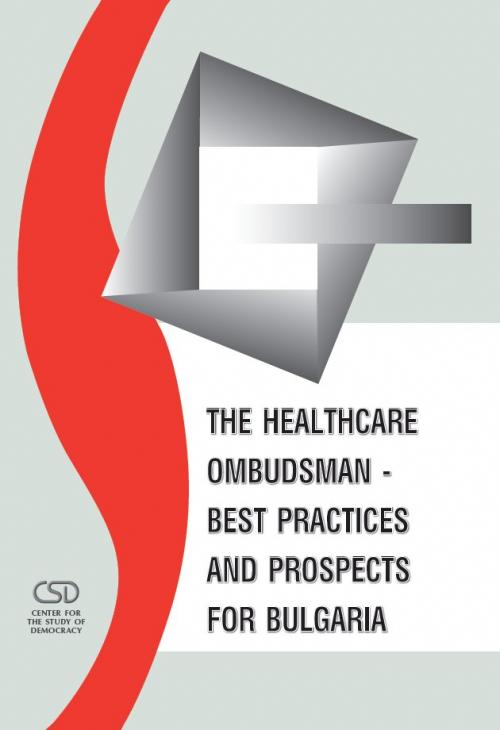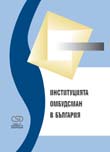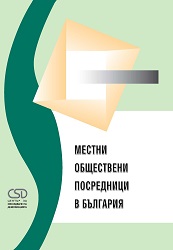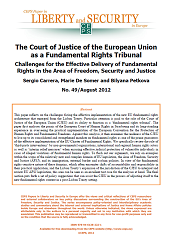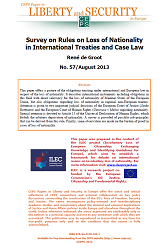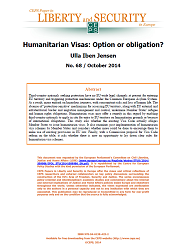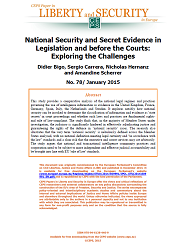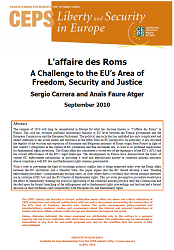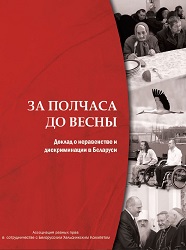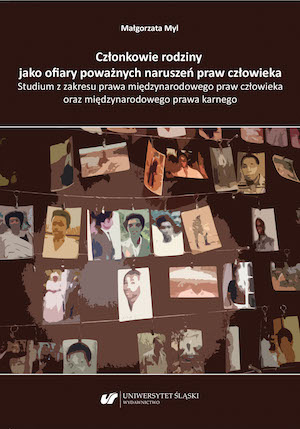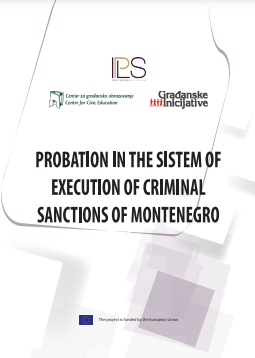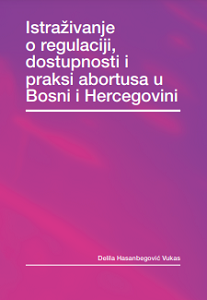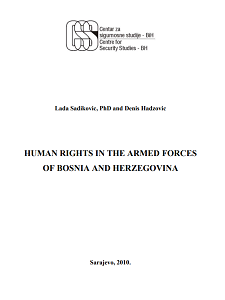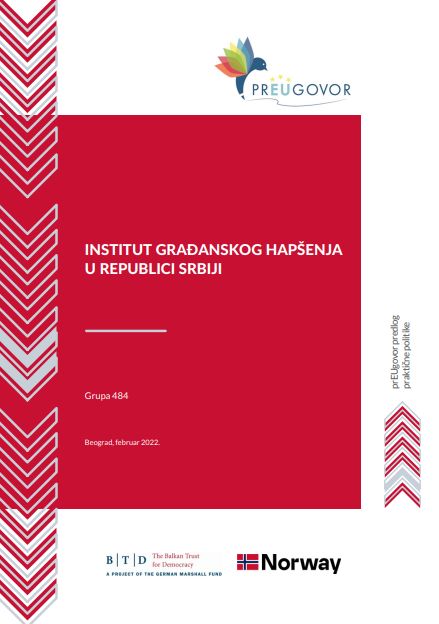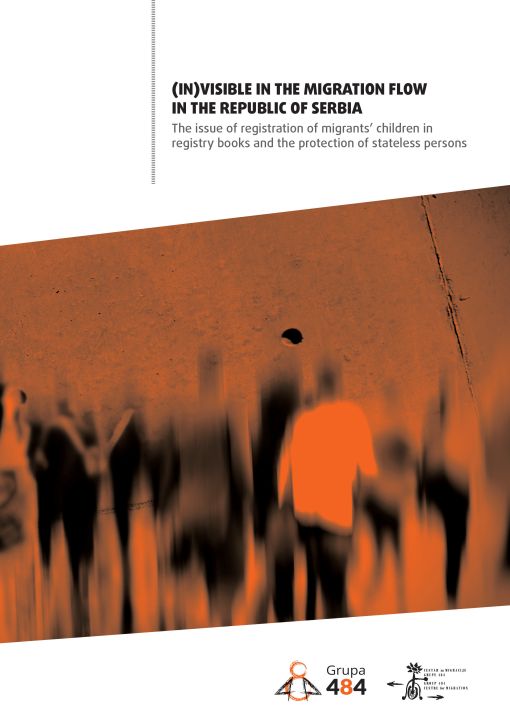Author(s): Tibor R. Machan / Language(s): English
The effort to make people equal in various important respects, e.g., wealth, health, education, burdens and advantages of all kinds, is the focus of criticism in this short work. I hold and argue that this effort is misguided, often very harmful and also frequently insidious, a guise for mischief by those who embark on the pursuit. The only valid form of equality pertains to people’s basic human individual rights—all who aren’t crucially incapacitated have these, so they are often called the equal rights of all persons. As regards politics and law this implies that no adult may be treated with special favor or disfavor by the legal authorities, whether in court or via public policy. Since the job of politics is to protect the equal rights of human individuals, everyone is equal under the law. But that’s the end of it, politically. Fairness is not a political good but one that has a role in various social contexts, such as family, teams, clubs, sport, beauty contests, and so forth. And fairness comes into play, other than in these areas, only when people voluntarily join some organization where they expect to be treated as all others who belong. Why so much fuss about equality and fairness? Some of the reasons have to do with the history of politics wherein kings and other rulers were expected to treat their subjects similarly, without favor to some of them and disfavor to others. And there is the tendency to extrapolate from family life, where parents are supposed to be fair to their children. Also, when teachers grade members of their classes, there is an implicit or explicit promise to do so unbiased, without special treatment of any (other than where justified, as when a student suffers from some impediment). But none of these imply or support the policies of egalitarianism. These and related topics comprise the content of this short volume and all egalitarians are invited to reflect on what is discussed here. In the tradition of classical political philosophy, this is not a technical, jargon-laden work, so any citizens can read it and gain food for thought.
More...
